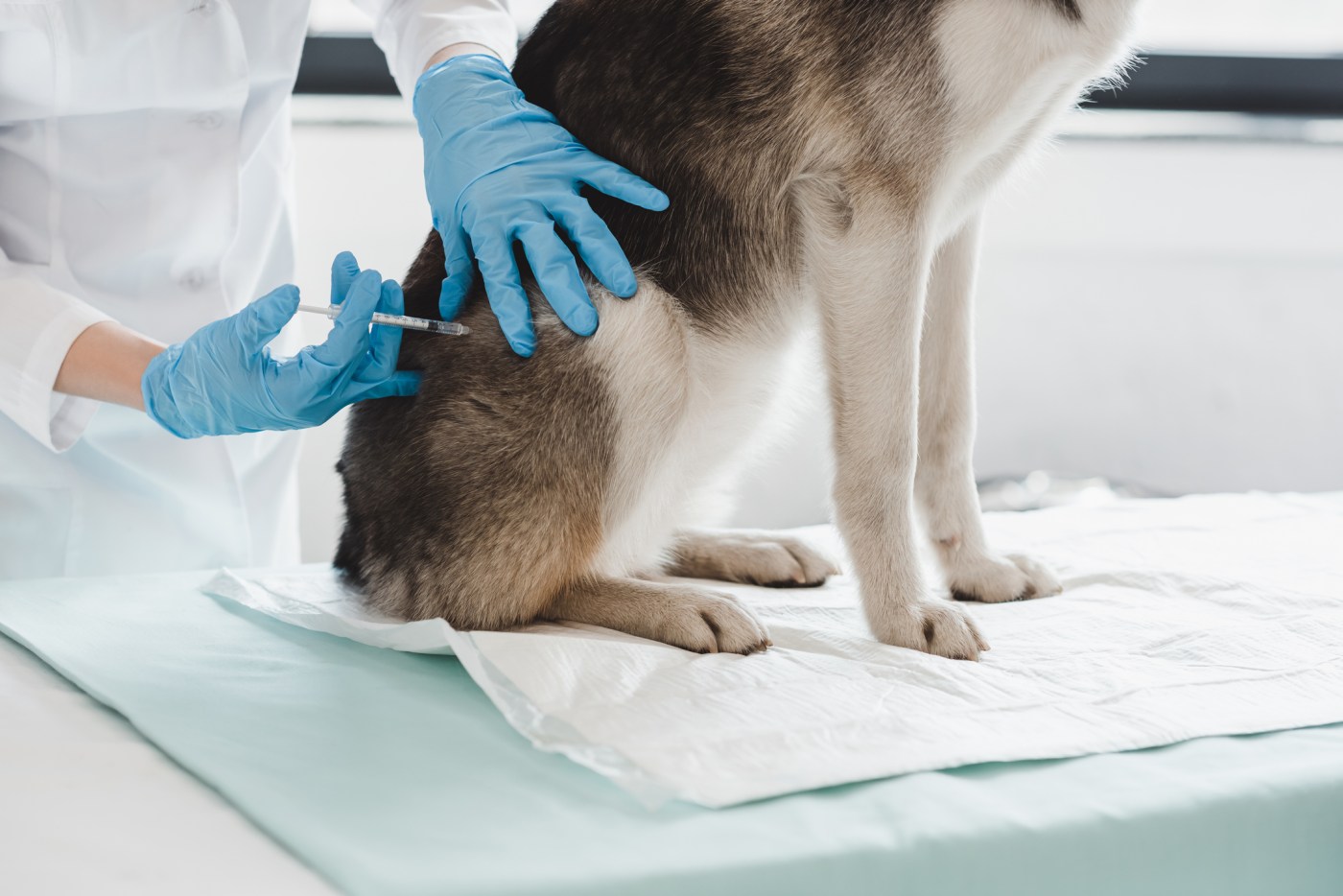
Proper treatment can help dog’s rare condition
Dear Dr. John,
One of my Airedale Terriers was diagnosed with something called Polycythemia Vera. She is seven years old, and her vet prescribed two medications, hydroxyurea and semintra. She started off drinking and peeing a lot and I was initially concerned that she might have diabetes or a kidney problem. She was also exhibiting some more tired behavior than usual.
Apparently, this condition is quite rare in dogs, so I want to get a second opinion, but I am not sure where to go or if I even need one. Are there specialists for this kind of condition? I am hoping that she will survive for a reasonable amount. M.M.
Dear M.M.,
Polycythemia as a hematologic condition that means that there is an excess of red blood cells or erythrocytes in the circulatory system. The blood is thicker than usual, resulting in clinical signs such as those you described as well as dogs having very red gums that can also bleed easily along with weakness, incoordination, and even seizures. Once general polycythemia is diagnosed and treated, it is also important that the underlying cause is also addressed.
Polycythemia Vera is indeed a rare disease in dogs for which there is no specific cause and is a result of too many red blood cells being produced by the bone marrow. Vera means true and, in these cases, such as in your dog, the disease is primary erythrocytosis. The medications that your veterinarian prescribed for your dog are indeed appropriate. Hydroxyurea is used as a cancer drug commonly used for this disease to slow down the production of red blood cells. Semintra, also known as Telmisartan, is used to treat high blood pressure due to the excess amount of red blood cells in the circulation.
There are veterinary specialists that deal with hematology/oncology issues and you can start with researching local veterinary schools to see if one is on staff. It sounds as if your veterinarian has things under control and you might not need a second opinion. With proper treatment your dog should be able to live a normal life for several years to come.
Dr. John de Jong owns and operates the Boston Mobile Veterinary Clinic. He can be reached at 781-899-9994.


